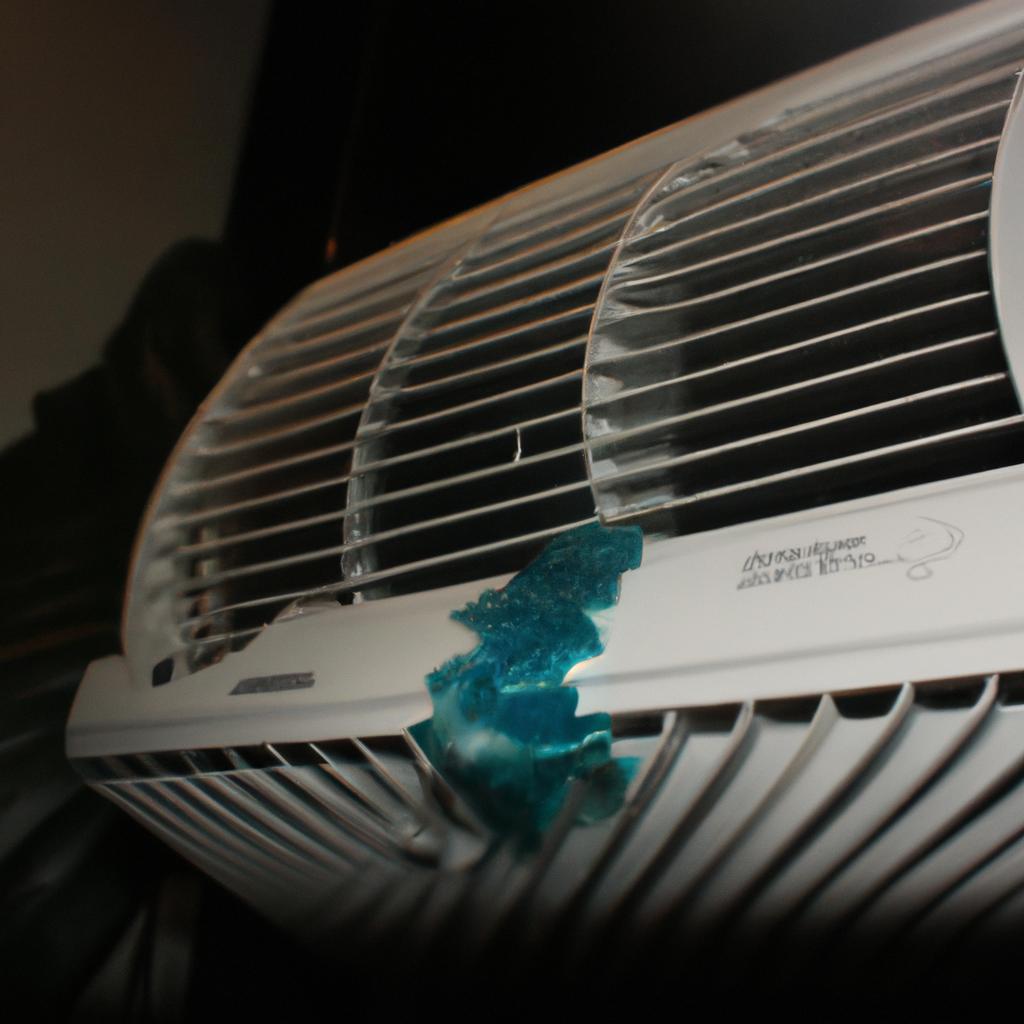Have you ever wondered if your air conditioning unit works better in humid conditions?
Air conditioning (AC) systems work better in humidity because they are designed to remove moisture from the air, which helps in cooling the space more effectively. High humidity levels make the air feel warmer, and AC units help in maintaining a comfortable temperature by reducing humidity and cooling the air. However, the efficiency of an AC system can be affected by extreme humidity levels, requiring proper maintenance and sizing of the unit to ensure optimal performance.
It’s a common question asked by many homeowners, particularly those living in areas with high humidity levels.
While it’s true that air conditioning can help to reduce the humidity level in your home, there’s some debate over whether or not it actually works better when there’s more moisture in the air.
On one hand, some people argue that air conditioning units are designed to work best in dry conditions. The idea is that when the air is humid, it contains more water vapor which can make it harder for the AC unit to cool the space effectively.
On the other hand, others claim that increased humidity can actually improve the performance of an AC unit, as long as it’s properly maintained and sized for the space.
So what’s the truth? Let’s take a closer look at how air conditioning works and how humidity affects its performance.
Definition Of Air Conditioner

An air conditioner is a device that cools indoor spaces by removing heat and moisture from the air.
It works by taking in warm air from the environment, passing it through a refrigerant, and then releasing cold air back into the space.
This process is carried out with the help of various components such as compressors, condensers, evaporators, and expansion valves.
Air conditioners are commonly used in homes, offices, cars, and other enclosed spaces to provide comfort during hot weather.
They not only cool the air but also improve indoor air quality by reducing humidity levels.
However, the efficiency of an air conditioner can be affected by external factors such as temperature and humidity levels.
Effects Of Humidity On Air Conditioner
Let’s talk about how humidity affects AC efficiency and maintenance. We’ll explore how high humidity levels can decrease an air conditioner’s performance and how regular maintenance can help keep it running smoothly.
Humidity And Ac Efficiency
When it comes to air conditioners, humidity can have a significant impact on their efficiency.
High humidity levels can make it harder for AC units to cool a room effectively, since the moisture in the air makes it feel warmer than it actually is.
This means that even if your AC is running at full blast, you might not feel as cool and comfortable as you want to be.
Additionally, high humidity levels can put more strain on your AC unit, causing it to work harder and potentially leading to breakdowns or other problems over time.
If you live in an area with high humidity, it’s important to take steps to manage the moisture levels in your home and ensure that your AC unit is working as efficiently as possible.
Humidity And Ac Maintenance
Now that we’ve discussed how high humidity levels can impact the efficiency of your air conditioner, it’s important to talk about how humidity affects AC maintenance.
As mentioned earlier, high humidity can put more strain on your AC unit, potentially leading to breakdowns or other problems over time.
This means that regular maintenance is essential to keep your AC running smoothly in humid conditions.
Make sure to clean or replace filters regularly and check for any signs of wear and tear on your unit.
Additionally, scheduling routine professional maintenance can help catch any issues before they become major problems. By staying on top of AC maintenance in humid conditions, you can ensure that your unit stays efficient and reliable for years to come.
Benefits Of Operating An Air Conditioner In Humidity
If you live in a humid area, you may be wondering if your air conditioner is really helping to keep you cool. The good news is that an air conditioner can work even better in humidity than it does in dry environments.
When there’s a lot of moisture in the air, your air conditioner has to work harder to remove it. This means that it’s actually doing double duty – not only cooling your home, but also acting as a dehumidifier.
By removing excess moisture from the air, your air conditioner can make the environment more comfortable and reduce the risk of mold growth.
So, now that we know that an air conditioner can work well in humidity, let’s explore some ways to improve its performance even further.
Ways To Improve Air Conditioner Performance In Humidity
As we have discussed in the previous section, operating an air conditioner in humidity can have numerous benefits such as reducing mold and mildew growth and improving indoor air quality. However, it is important to note that the effectiveness of an air conditioner can be compromised in high humidity conditions.
To improve the performance of your air conditioner in humidity, there are several steps you can take.
Firstly, make sure that your AC unit is properly sized for your space.
An undersized unit will struggle to keep up with high humidity levels, while an oversized unit may not run long enough to effectively dehumidify the air.
Additionally, regular maintenance such as cleaning or replacing filters and ensuring proper drainage can also help improve your AC’s performance in humid conditions.
Incorporating these strategies into your overall AC management plan can help ensure that your unit runs efficiently and effectively in high humidity conditions.
By taking proactive steps to optimize performance, you can stay cool and comfortable even on the hottest, most humid days without compromising energy efficiency or indoor air quality.
Conclusion
In conclusion, the question remains: does AC work better in humidity? The answer is a resounding yes.
While high levels of humidity can make our homes feel stuffy and uncomfortable, air conditioners have the ability to remove excess moisture from the air and create a more comfortable environment.
Humidity can have negative effects on an air conditioner’s performance, such as reducing its efficiency and causing it to work harder.
However, by operating your AC even in humid conditions, you can reap numerous benefits such as improved indoor air quality, reduced risk of mold growth, and increased comfort.
To ensure optimal performance of your AC in humid conditions, there are simple steps you can take such as regularly cleaning or changing your filters and scheduling routine maintenance with a professional HVAC technician. With these actions, you can guarantee that your AC will work efficiently and effectively no matter the level of humidity present in your home.
Overall, running an air conditioner in humid conditions not only provides comfort but also promotes healthy indoor environments.
So next time you’re feeling bogged down by sticky humidity, let your trusty AC do the job of creating a cool and comfortable atmosphere for you to relax in.




